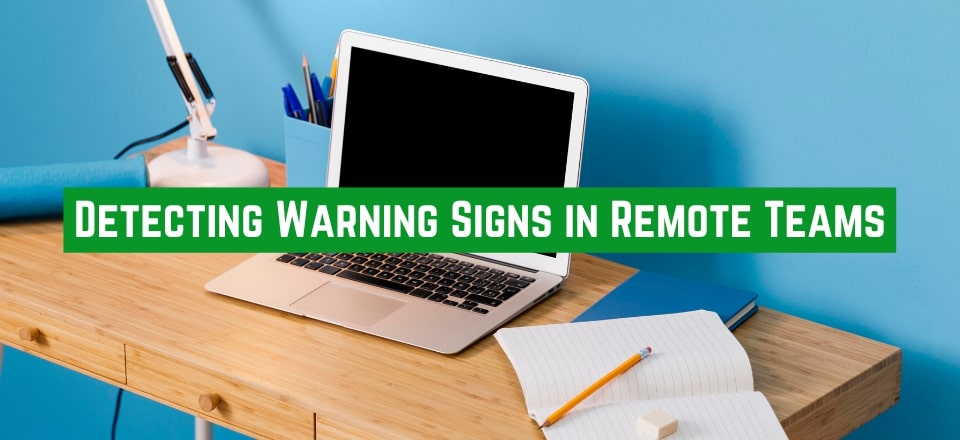The pandemic has caused a significant shift in nearly every industry, including business operations and employee hiring practices. Remote work has become increasingly prevalent, with many talented professionals transitioning to hybrid or fully remote work setups, enabling them to work from the comfort of their homes.

This transition has eliminated geographical barriers, as it is no longer necessary to relocate or adapt to different cultures to work for companies in other regions. Now, individuals can collaborate with organizations from anywhere in the world through remote work arrangements.
Understanding this trend, it becomes crucial to have a clear understanding of your colleagues or employees. Detecting potential red flags early on is essential, particularly when working remotely from different parts of the globe. However, this task can be formidable.
In such cases, where physical proximity is absent and the connection is solely maintained online, observing their actions becomes challenging.
Consider this experience shared by someone I know: While his client believed he was a home-based freelancer, the reality was quite different. He was actually part of a company that operated under aliases, prohibiting direct contact with clients using real names. Additionally, he couldn’t engage in calls, and the experiences he conveyed to clients were attributed to the alias he used, not his own.

This story shows why it’s important to be careful when working remotely. While it’s great to have flexibility, it’s also important to be watchful to make sure everything is honest and clear.
Here are some tips to help you identify the red flags in your staff:
1. Limited Communication
If there’s nothing to hide, you should be able to reach your staff member anytime during their shift.

Communication is the heart of working remotely with your team.
However, if you find it challenging to connect with them, they consistently avoid calls or schedule them with short notice along with excuses, or communication is restricted to chat or email, there may be cause for concern.
You can check by calling randomly or out of schedule once in a while and simply inquire about the task they are working on or if they need assistance. If they respond abruptly and are able to answer your questions, then there’s nothing to doubt.
2. Limited Website/Profile Information

Take note of the information available on their website, particularly regarding testimonials or a lack thereof. Testimonials often reveal the extent of their client base and satisfaction. If this information is absent or scarce, it may indicate a reluctance to showcase their track record. Keep a watchful eye on this.
And if you are working with an individual, make sure to check their past clients and if you can do a background check from his previous employer, that would be incredible.
3. Inconsistency in Work Quality

Pay attention to any shifts in tone, sentence construction, or repeated inquiries about tasks they should already be proficient in. If you notice such changes, it’s possible you’re dealing with a different individual altogether, rather than the person you initially engaged with. This inconsistency could signal a change in personnel managing the account.
If you are working with the person, there should be no changes in his work quality aside from improvements.
Every little detail in your company holds importance, and ensuring the reliability of those with access or working for it is crucial.
It’s essential to keep an eye out for warning signs within your remote team. By remaining alert and promptly addressing any issues, you can ensure seamless operations within your company.
If you prefer to avoid managing these tasks to hire a virtual assistant, Virtual Done Well can help. We’ll handle all the complexities of candidate selection, ensuring you work with the individual you interviewed and have full access to communication during their working hours. We’re here to simplify the process for you.



Recent Comments